
Kenya – 20 Travel and Safety Tips
Kenya is known for its natural beauty, wonderful people, exquisite wildlife and endless adventures, Kenya has become a popular destination for travelers. The African country offers luxury world renowned safaris, pristine white sand beaches and fantastic local cuisine, while still being affordable for most tourists, which is another great reason to visit Kenya.
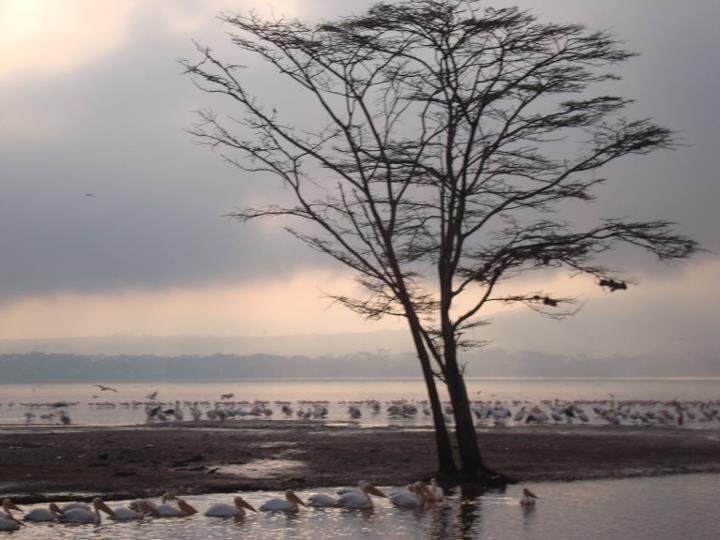
However, like many other countries, there can be political unrest at times, high levels of crime and increased terrorism risks, so it’s essential to stay well-informed. Traveling around Kenya is a magical experience, but to make it a safe one as well, here are some tips to help plan your journey:
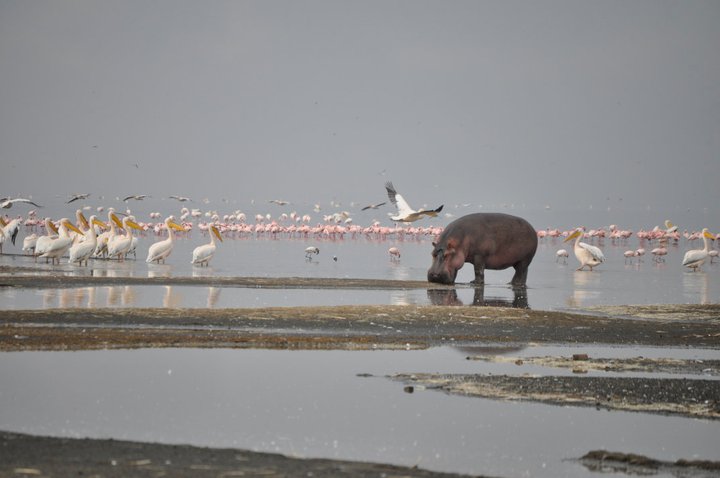
1. Check the Travel.gov site for any safety warnings. For instance, on September 1, 2017, the U.S. Department issued a warning to U.S. citizens to avoid traveling to the border area between Somalia and Kenya due to terrorist threats and the high risk of crime throughout the country.
2. Make sure to research the visa requirements before. I’m from the U.S. and I was able to get my visa at the Nairobi airport when I arrived, However, that may not be the case for everyone. Plus it was a long line, so consider getting a visa ahead of time.
3. While most people in Nairobi speak English, you should still learn a few basic words. And if you are a caucasian, you will be referred to as a Muzungu, which you’ll probably hear a lot.
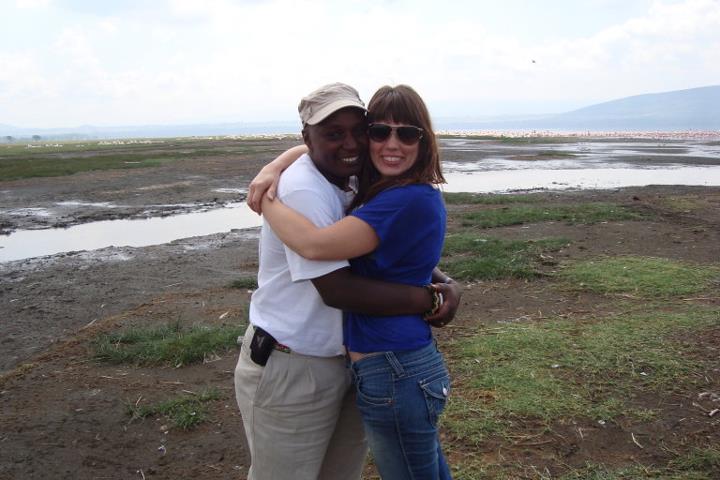
4. Kenyans are very welcoming and will oftentimes invite you over for a meal–at least I found this to be the case. It’s considered disrespectful if you don’t accept food. So even if you have to politely nibble, do it. Otherwise you will be seen as rude and insulting.
5. As a vegetarian, I was able to find things to eat—mostly beans and rice, which I was totally fine with. Most Kenyans aren’t vegetarian—they love their meat, and meat dishes pretty much rule every restaurant menu. If you’re invited to a local’s house for a meal, let them know ahead of time of your dietary restrictions. However, there are more places starting to offer veg items, so ask around and find out which restaurants are veg friendly.

6. It’s a fact that Muzungus/tourists will be charged more for items than locals, but it’s still cheaper than what you’d pay at home, so keep that in mind. That said, you should absolutely bargain at markets. It’s expected, but don’t negotiate too low. Making and selling tourist trinkets is how locals earn an income. It’s their livelihood.
7. Don’t drive unless you have to, because it can be overwhelming, especially in Nairobi at night. Traffic is insane at rush hour, addresses are almost nonexistent, signs are poorly marked and road conditions aren’t great. In addition, pedestrian death rates are high according to several sources, for a numerous reasons such as “The mix of slow-moving pedestrians and fast-moving vehicles and motorcycles inevitability leads to conflict in which the pedestrian always loses. In our setting, travel patterns are dominated by walking and the absence of segregation between motorized and non-motorized traffic creates perilous situations in which pedestrians are exposed to the greatest risk of injury and death. Pedestrian facilities on our roads are minimal, insufficient and unsafe,” NTSA reports.
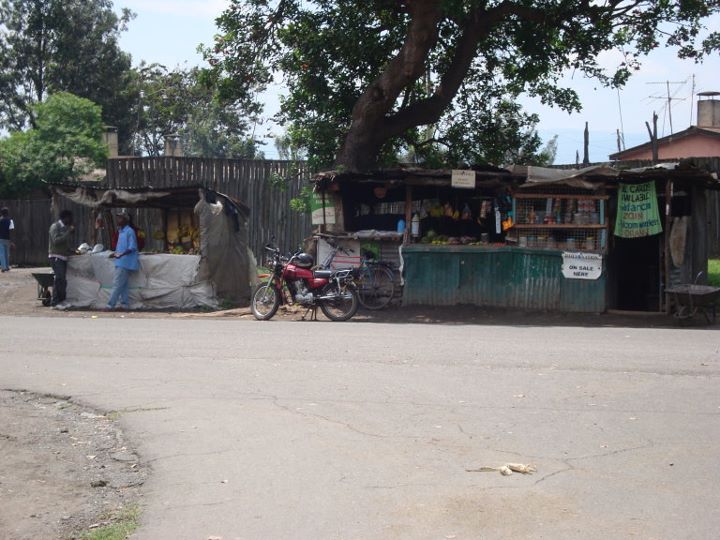
8. There’s a lot of stray dogs, and as an animal lover I wanted to pet them, but beware. When I tried to feed one at the volunteer house I was staying at (I was in Kenya to volunteer), I was attacked and had to be rushed to a hospital in Nairobi. If I hadn’t been wearing a puffy jacket and long-sleeved shirt, I literally wouldn’t have my right arm today. That coat saved me. So be careful and keep a distance. It’s unfortunate and sad, but it’s important to always take precautions.
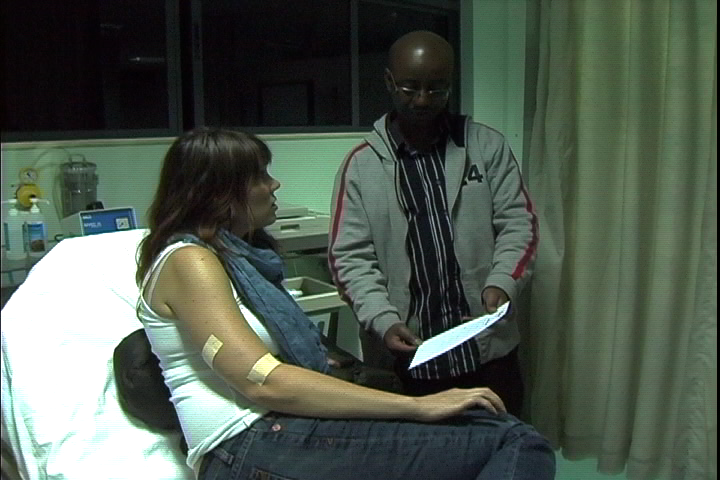
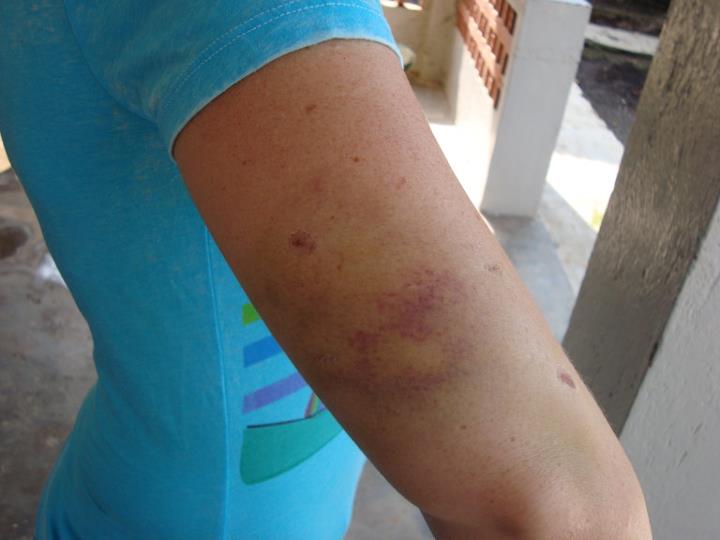
9. Walking in Nairobi is fine, but there have been reports of high petty theft crimes like robbery. So don’t walk with your phone in your hand because it can be swiped from you, and don’t wait alone outside for transportation. Wait inside your hotel, Airbnb, or hostel lobby until your car arrives. Consider getting a “cut proof” backpack so it can’t be cut off of you, don’t wear a lot of bling, don’t carry a lot of cash or credit cards with you—only bring what you need—and wear a money belt under your clothes. (This advice can apply to many other places besides Kenya as well. As always have street smarts when you travel.)
10. Don’t walk across the street talking on your phone. This is illegal and you can be arrested.
11. Keep your hotel/accommodation address and general directions with you at all times. It’s easy to forget exactly where you are located.
12. Have copies of your passport numbers and contact details copied in several locations, including on your person at all times in case your phone dies, gets lost, or is stolen (this should be done for every trip you take.)
13. Spitting on any footpath in Nairobi is illegal, so don’t be gross and do this.
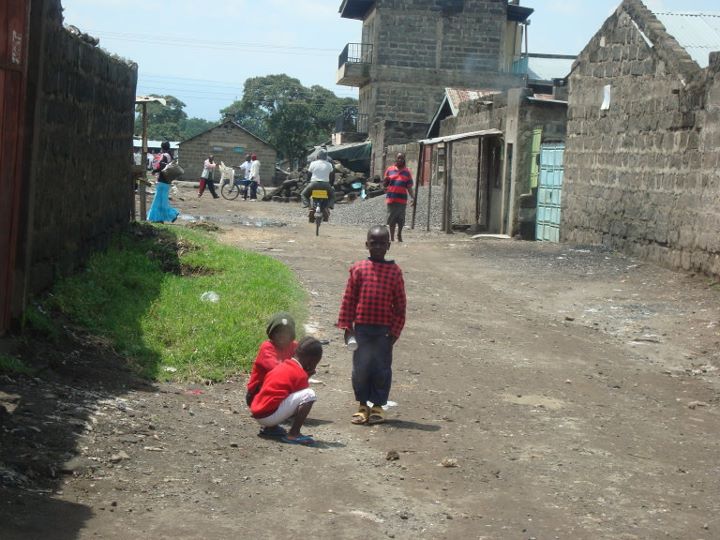
14. If you’re a smoker, ask about smoking bans before lighting up. Many public places have smoking zones and if you’re not in one and you’re caught smoking, you will be fined. This law is heavily enforced.
15. The sun is strong since you’re closer to the equator, so lather up with sunblock before going out.
16. Anyone who does anything for you will expect a small tip. That goes from people at the airport trying to help you with your luggage, to people offering you directions. So use your judgement and decide if you want the service they’re selling you. If not, politely decline, but if you accept, know you should tip. At restaurants 10% is an appropriate amount to leave.
17. Not all taxis are metered, so make sure to agree on a flat rate before hopping in the cab. And stick to licensed taxis—don’t do unmarked ones.
18. Get the vaccines the CDC recommends. (this goes for any country you visit.)
19. Only drink bottled water.
20. Avoid going out at night and travel in groups whenever possible.
